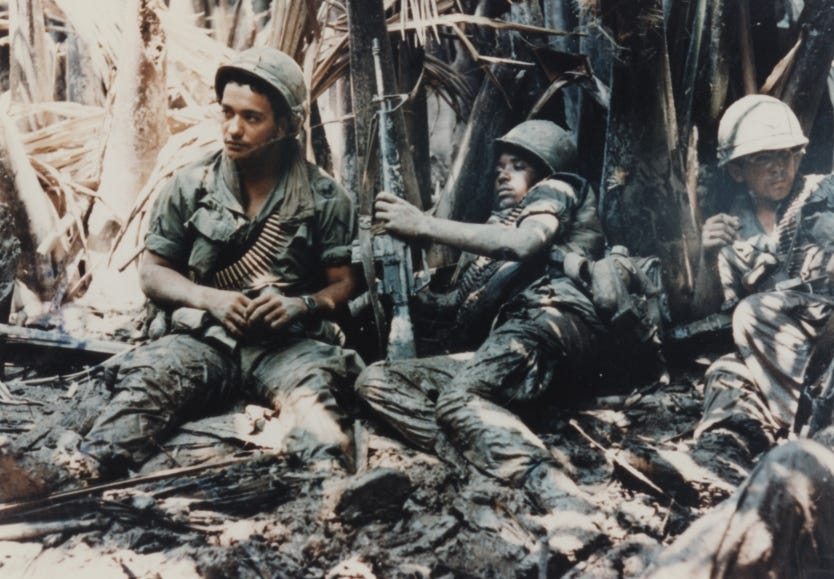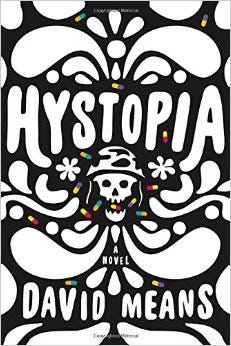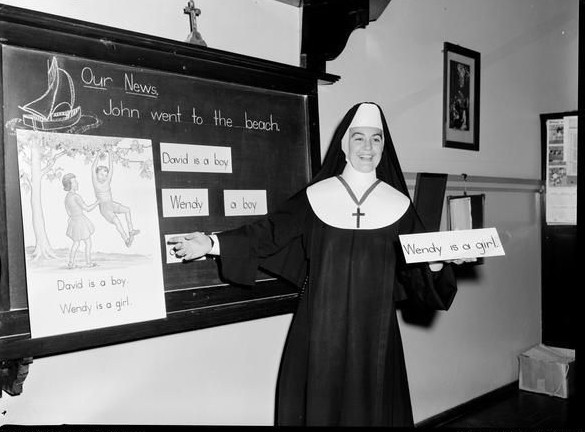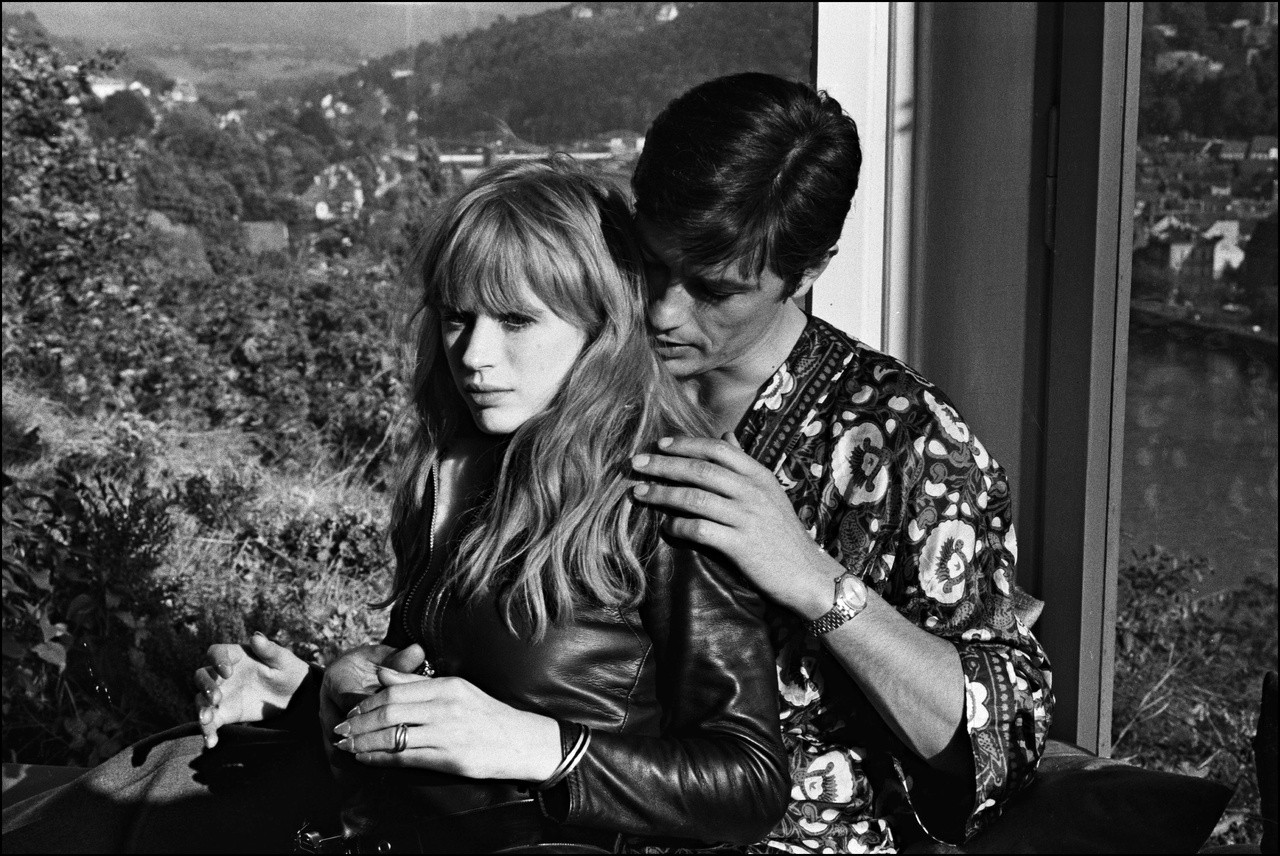Reading Lists
The Beautiful, Lonely Isolation of Looking Back While Looking Forward: David Means’ Literary Mixtape

by David Means

Certain songs seem to be addressing the future while also casting an eye back into some deep, strange history; other songs — for me — seem to be about not only the soundscape but also the landscape around the song as it relates to time and history.

Hystopia, set in my home state, Michigan, is partly a Vietnam War novel, but it’s also about the nature of memory, of trying to reclaim memory. When I was researching the novel, I became interested not only in music from the era, which I grew up on and loved anyway, but on something else — a cultural feedback loop that formed during the Vietnam War. The troops in the field listened to music, The Doors, The Rolling Stones, James Brown, and heard, somehow, a response to the war they were fighting. Then when they got home, if they were lucky enough to go home quickly, when tours of duty were finished, without transition — via airline flights — some of them fed language and intensity back into the loop. There’s an interesting book, just published, called We Gotta Get out of This Place: The Soundtrack of the Vietnam Era, in which vets write about their musical experiences in Nam. One essay in the book was written by a friend of mine, Gerald McCarthy, whom I interviewed when I was researching. He’s also a character in the book. The playlist below is relatively arbitrary, songs that that seem–sometimes retroactively–to provide foreground, or perhaps background to the work, along with songs that somehow magically touch some aspect of the thing I created.
https://open.spotify.com/user/dwyer.murphy/playlist/3LhO6egU2AyJfFvtbadzwD
1. “Search and Destroy,” The Stooges
Iggy Pop is a pure Michigan product — gritty, smart, but not afraid of looking stupid or foolish. His father was once a high school English teacher. I love Iggy as a physical entity, sinewy, twisty — even in old age — an embodiment of rock and roll history. This song has all kinds of military lingo — references to napalm and a-bombs — and it seems to be, to me at least, taking command of the violence of combat and transmuting it into the hope that only music can bring. The churning chug along with the guitar riffs twisting around slightly off-beat somehow — for a fraction of a second here, a fraction there–disjoints time and opens up to the glory of forever.
2. “Subterranean Homesick Blues,” Bob Dylan
Dylan’s voice comes out of the hinterlands. Raised in Hibbings but born in Duluth, a city that plays a role in Hystopia. In Michigan, back in the day, there were neat little roadside rest stops with water pumps — painted deep green. (“The pump don’t work/cause the vandals took the handles”) I heard Dylan’s voice — long before I heard Dylan — in the folks around me in Michigan, working people who spoke somehow in the same way, up through the nose with weird diction.
3. “Eyes to the Wind,” The War on Drugs
There’s this isolation inside the mix, a sense of space and forward movement — rolling along in a car, the fields and snow and trees swinging past. “There’s a cold wind blowing down my old road/down the backstreets where the pines grow.” I think Adam Granduciel recorded this in a lonely old house, mostly alone, and you can feel his isolation. When I listened to this song, over and over, I saw some of the landscape I was exploring — those Michigan Upper Peninsula forests — and felt that longing to return, to find the point of origination, the place where it all settles back down.
4. “The Idea of North,” Glenn Gould
What you’re doing as a fiction writer is working the other way around; you’re trying to find music in language, to develop some kind of sound via words.
Gould recorded voices in a café in Canada and created a counter-punctual piece, weaving voices in and out to form a space between them. There is this idea of north, and if you’re from Michigan and you wandered the Upper Peninsula you know what it feels like. The sky has a particular vibe, a coldness, stretching into the upper reaches of Canada. Gould is a hero to many writers because of his persistence and his desire to work on his own terms, but there’s a deeper relationship, somehow, in his ability to speak about music, to put into words some of the mystery. What you’re doing as a fiction writer is working the other way around; you’re trying to find music in language, to develop some kind of sound via words.
5. — 10. “Bach, French Suite No. 2 in C Minor, BWV 813,” Glenn Gould
OK, picking two Gould pieces might seem like overkill, but listen to his Bach–the precision of his pointed notes, a technique he got from an early piano teacher; the persnickety, precise, but wildly emotional playing, while he rocked and moaned on his personal piano bench. To me the sense of time is inside the music between the two themes, weaving around in the space between stories. In fiction you’re looking for that space — the narrative that lies between the lines, the words, the unspoken quiet. History is like that too; it’s the place where the forward progress into the future meets things gone, vaporized, clutching to memory in the present moment.
11. “Gimme Shelter,” The Rolling Stones
In America, there’s always around us this sense of danger and potential violence, luring in the dark woods, in the shadows.
Violence is a just a shot away and a just kiss away. A kiss is often about the future and the past. A lost dream, about the discretion of the idealism. The Vietnam War tore the future out from under not only those in combat but those at home, and it tore something out from under America for years and years When Mary Clayton sings her riff — she came late at night into the studio — “rape, murder, it’s just a step away,” the song deepens and becomes something altogether otherworldly, a lament of fear and criminal potential all around. That soul voice turns towards America. In America, there’s always around us this sense of danger and potential violence, luring in the dark woods, in the shadows. Shelter is what we seek, and it’s eternal and universal, yet somehow this is a deeply American song to me. My characters — no, make that most characters — are seeking the shelter of narrative resolution, a place of quiet and grace.
12. “The River,” Bruce Springsteen
Of course superstars become — eventually — a cliché of a cliché of an original idea, which is sad but inevitable. But there is always a sense, around a great performance, of the future, of someone looking back and listening — on some future technology. And Springsteen might be to future generations like Woody Guthrie is to us now, someone who captured a particular vibe of a particular period in time using particular stories. (As someone who grew up near a paper mill, with a few union families around, this song strikes a personal chord.) “And for my nineteenth birthday I got a union card and a wedding coat.” It’s easy to judge the poor soul in this song, but he’s caught up in his particular class history, all of the unseen forces around him at the moment, the way we all are, often unknowingly. It’s paradoxically an incredibly tender and yet brutal song…because the water in that river, flowing eternally, a poor, awkward symbol, is extremely cold.
13. “Don’t Stop,” Fleetwood Mac
I never liked Fleetwood Mac much, but this song became an earworm for me in the last days of editing Hystopia, partly because what it’s saying seems so seductively delusional — don’t stop thinking about tomorrow…yesterday’s gone. Yesterday’s gone.” Wishful thinking was the power of post-Vietnam pop. Just put aside the vicious war, the upheaval and blood on the streets, and move, fucking on! Pop culture and politics tapped quickly into that desire to forget and march forward. Hip-hop and punk struggled to bring us back around to the realities at hand, but when I listened to this in my headphones I heard the warm tubes in the studio and the analog wires in the mixing console keeping the sound as far away from the brutal truth of history as possible.
14. “Slow Show,” The National
History and time and the relation of both to love, to someone you fall in love with but feel you’ve known forever. This is the nature of history as it relates to the self; you can feel perfectly, clearly, that you’ve known someone your entire life when you just met them. I get a sense of the desolation of the Midwest in Matt Berninger’s Ohio-born voice in the early part (set in New York), but everything in this beautiful song — all of it — moves towards the sudden break, the shift in tone leading to the heartbreaking line: “You know I dreamed about you for 29 years before I saw you.” That moment — not just the words, but the lamenting sound — is where time twists and maybe even stops, because love is such a forward moving force; the elation and glory is that the past is going to be reclaimed in the future. That’s the nature of grace. This song is a diptych: two parts forming a whole.
15. — 17. “Howl, USA,” The Kronos Quartet
The Vietnam War was the ultimate Moloch, a technological war machine eating America.
This is a little bit of a cop out because it’s Ginsberg reading his poem set to music, but it makes sense to me because the strings working around voice are the present moment and the voice is history. “Howl” works in stages — and it’s a lament to a particular soul, Carl Solomon, in a mental institution, someone mad. The paradox of the holy (“The asshole is Holy) and rejoicing — Holy, Holy — combined with loss, with the madness of a generation consumed by Moloch. The Vietnam War was the ultimate Moloch, a technological war machine eating America. The Beats informed the Hippies, of course, and to me it’s yet another example of how history flows forwards and back in a way that makes it impossible to see it as something Newtonian; cause and effect. Instead it’s quantum, one thing being in two places at once — Borgesian, Nabokovian. The poet can capture in images the flux and wane of time — or at least seem to capture it. The reader can hold both at once — Whitman’s deep claiming of contradiction (do I contradict myself, fuck it, I’m American). Ginsberg understood that trauma — personal trauma, a mentally ill mother — and history are entwined.
18. — 19. “Maidenhead” and “Ain’t so Simple,” Protomartyr
The banality and glory of wasting time cutting in a loud, noisy way through a static sense of non-forward time movement. Not boredom (boredom has too much awareness of time) but simply a suspension in the tedium of waiting for something, anything. “Shade goes up, shade goes down.” I had to stick this Michigan band in there because they reclaim a certain Detroit aesthetic — casting an ear back to noisy machine tooling shops and factory floors, while also forward to some high tech future. And one of the band members, Alex Leonard, is the grandson of Elmore Leonard, who was the Iggy Pop of crime fiction. Leonard knew that talk was a way around anxiety and tedium and, for his characters, the wicked judge of morality itself: speak long enough and you can get away with just about anything — until you’re caught.
20. “Hold On, Hold On,” Neko Case
“The most tender place in my heart is for strangers./I know it’s unkind but my own blood is dangerous.” For complex reasons that line gets to the heart of some something for me — a sense that at a certain point, in certain situations, begging to be left alone, to get away, to find a tender heart for strangers is a survival against blood history, the painful relationships left behind. Trauma does that; it causes a flight mechanism to kick in, and one way to flee is to try to simply forget, which of course is impossible for most of us.









